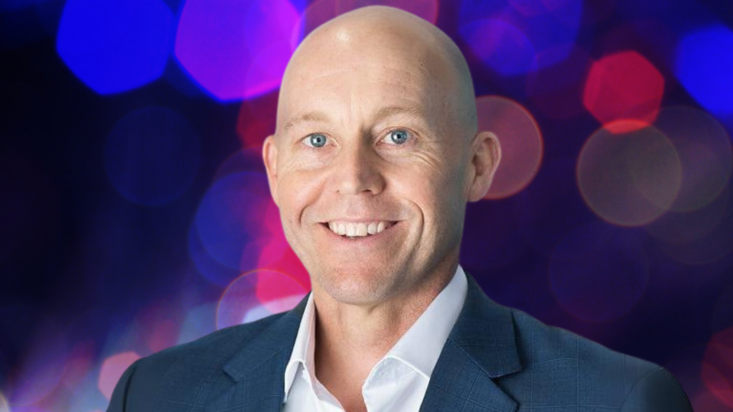Building a community of trusted partners: Q&A with Hugh Robertson
Jamie Nemtsas (JN): Hugh, thank you for joining us today. You’ve been recognised as an expert in creating strategic relationships with COIs. Can you start by explaining what COIs are and why they are so important for financial advisers?
Hugh Robertson (HR – pictured): Thank you, Jamie. Centres of influence, or COIs, are trusted professionals who can refer clients to you. They include estate planners, tax advisers, real estate agents, and other professionals who interact with individuals and families within your target market. These relationships are vital because they can provide a consistent stream of referrals, helping to grow your business significantly.
JN: That makes a lot of sense. Let’s talk about the benefits of creating these relationships. How do COI referrals compare to personal referrals?
HR: Interestingly, a recent study of more than 1,500 advisers showed that personal referrals provided nearly 70 percent of new business, whereas professional referrals from COIs accounted for only 15 percent. This indicates a huge untapped potential. By focusing on COI referrals, advisers can expand their networks and secure additional business sources.
JN: That’s a significant opportunity indeed. Can you share some tips on how to create and maintain these strategic relationships?
HR: Absolutely. Here are five key strategies:
- Think outside the box: COIs are not limited to attorneys and accountants. Consider your ideal clients and reach out to professionals who have access to them. For example, if you target entrepreneurs, connect with leaders of venture capital and private equity firms. For tech professionals, talk to talent recruiters. The key is to identify professionals who interact with your target clients.
- Add value first: Before asking for referrals, focus on what you can offer to potential partners. Start by understanding their clients’ needs and how you can address them. Engage in a dialogue to learn their frequently asked questions and their concerns as business owners. This approach establishes your credibility and shows that you are committed to mutual benefit.
- Regular networking and outreach: Make networking with COIs a regular part of your schedule. Set calendar reminders to ensure consistent communication. Research COIs to tailor your messages effectively, and host informational sessions on relevant topics. Virtual sessions can also be a great way to connect with busy professionals.
- Collaborate on marketing: Once you’ve established a relationship, consider creating shared marketing materials. This can include joint client seminars, guest speaker events, and co-branded client communications. Highlighting COIs in your newsletters or social media can also increase their visibility and strengthen your partnership.
- Treat COIs Like valued clients: Show your appreciation by recognising important milestones in their personal and professional lives. Treat them to special events or dinners, and maintain a reciprocal relationship by referring clients to them as well.
JN: These are excellent strategies, Hugh. How do you suggest financial advisers start the process of building these relationships if they’re just beginning?
HR: Start by identifying professionals who already have the trust of your target clients. Reach out with a genuine interest in understanding their business and their clients’ needs. Show how you can add value to their clients and suggest ways to collaborate. Building these relationships takes time and effort, but the long-term benefits are well worth it.
JN: It’s clear that creating strategic relationships with COIs can significantly impact an adviser’s business. Do you have any final tips for advisers looking to implement these strategies?
HR: Be patient and consistent. Building trust and credibility takes time, but once established, these relationships can bring valuable business for years to come. Always focus on mutual benefit and maintain open communication. Treat COIs with the same level of care and respect as you do your clients, and you’ll see positive results.
JN: Before we wrap up, Hugh, can you share any personal experiences where COI relationships have significantly contributed to your success?
HR: Sure. One instance that stands out is when I partnered with a well-respected estate planner in my community. We began by hosting joint seminars on estate planning and financial management. This collaboration not only educated clients but also built a sense of trust and expertise around both our services. Over time, this estate planner referred several high-net-worth clients to me, which significantly boosted my business. Additionally, the joint seminars allowed me to showcase my expertise to a broader audience, leading to further referrals and a stronger professional reputation.
JN: That’s a powerful example of the benefits of these relationships. It highlights the importance of mutual benefit and consistent effort in building and maintaining these connections.
HR: Exactly. These relationships are not built overnight. They require continuous effort, genuine interest, and a focus on adding value. When done right, they can transform your business and open up new opportunities for growth.
JN: Hugh, your insights have been invaluable.
HR: Thank you, Jamie. It’s been a pleasure.











